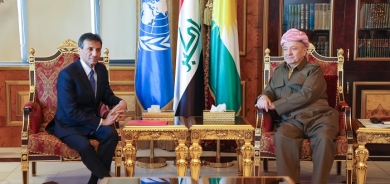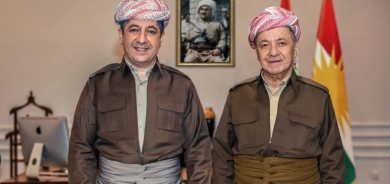Iran Pursues Ambitious Trade Expansion with Iraq Despite Sanctions

In a strategic move aimed at enhancing economic ties, Iran is intensifying efforts to expand trade relations with Iraq, with plans to elevate annual trade volume from $9.8 billion to $20 billion. This ambitious objective comes against the backdrop of economic sanctions imposed by the United States and Europe on Iran.
Despite facing international sanctions, Iran maintains significant influence over Iraqi markets and views Iraq as crucial to its economic interests. Iranian-Iraqi trade has long been substantial, with Iran notably surpassing China as Iraq's largest importer of goods in 2018.
Iran's approach involves targeted initiatives to strengthen bilateral trade, particularly focusing on private sector engagement and manufacturing partnerships. Despite challenges such as currency fluctuations affecting Iranian exports, Iran is steadfast in its commitment to deepening economic collaboration with Iraq.
Recent high-level discussions between Iranian officials and Iraqi Prime Minister Mohammed Shia’ al-Sudani have underscored a mutual desire to overcome barriers hindering trade growth. Talks aim to pave the way for a comprehensive trade agreement that would facilitate expanded cooperation across various sectors.
While facing competition from Turkey in the Iraqi market, Iran remains determined to solidify its position and is optimistic about the future prospects of increased trade relations. The envisioned trade agreement signals Iran's dedication to enhancing economic cooperation with Iraq and achieving the targeted $20 billion annual trade volume.
This pursuit reflects Iran's strategic imperative to diversify its economic partnerships amidst international sanctions, leveraging Iraq's market potential to bolster its economy and regional influence. The evolving trade dynamics between Iran and Iraq are poised to shape broader economic landscapes in the Middle East.














